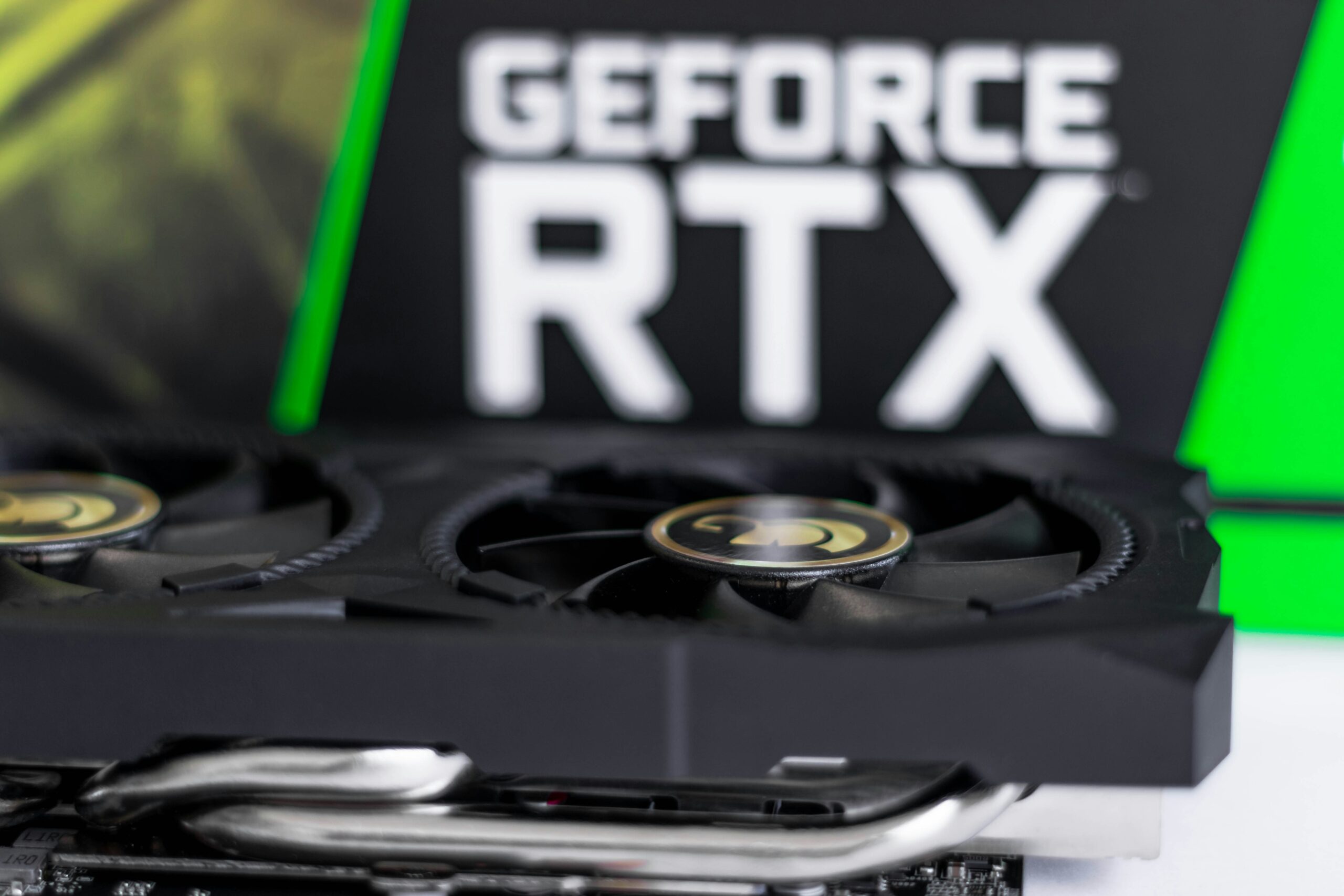Data Protection & Regulation Policy: How does it work?

Data is quite essential in every organization. They need proper management and more. A protection strategy that also enables the quick restoration of lost data. Data privacy takes charge of the collection of data, their uses, and how to share the data. Data protection and regulation policy helps keeps data safe, even under tough circumstances.
These are operational backups that have evolved over the years. They evolve based on the availability of data and the management of these data. The line of data availability ensures data security. Provided whenever there is a case of data damage or loss of the data. With data management, one can move essential data from their offline storage. Keep them stored online, and also protect various vital information from some malware. Some can corrupt the data.
Data protection involves different technologies that one can use. Which can prove to be useful. Hence, organizations can select the most suitable means of keeping their information protected. These technologies have graduated from the traditional use of tapes and disks. Designated for storing extensive information to other remarkable technologies like cloud computing.
Data Privacy Vs. Security
Most times, several persons mistake data security for data privacy. Yet, they might be considered as two different things, even though they are interwoven. Data security protects information from attacks and entry of unauthorized third parties. Whereas, data privacy refers to the control placed on accessing data. Hence, a breach of this privacy can often lead to issues with data security.
Data Protection and Regulation Policy
Several data privacy laws regulate the protection of data. These laws vary across different countries. Some of these data privacy regulations include the US Privacy Act of 1974. The Health Insurance Portability and Accountability Act (HIPAA) of 1996. The ISO 27001 of 2013, the General Data Privacy Regulation (GDPR) of 2018. Including the California Consumption Privacy Act (CCPA) of 2020. The HIPPA also helps protect various health data. All other stated laws for ensuring data privacy are very useful in protecting vital data. Compiling these rules and making sure that they take action can be quite tasking.
The violations of these regulations attract different fines and other forms of punishment. It is beneficial to have a data protection policy that enforces these protections on stringent rules. Then, you should also make use of a data security framework that takes care of several areas. Such as keeping data safe and providing these data only when necessary.
The General Data Protection Regulation (GDPR)
The GDPR is a well-known regulation that guides various data from the European Union. This law has been active since the 25th of May, 2018. This law has replaced the EU Data Protection Directive (1995). This regulation increases privacy rights and protects personal data. Businesses that follow GDPR must follow some requirements, which include the following:
- Storing or using identifiable data only with the consent of that individual
- In cases of a data breach. Send notifications across to the appropriate authorities and affected individuals early.
- Organizations that deal with extensive data should get a data protection officer. Who takes responsibility for keeping data safe in compliance with the GDPR rules.
Bottom of Form
Final Thoughts
Data protection is quite helpful, as several organizations and businesses hold essential data. If these data get tampered with, there will arise a lot of issues. Several data privacy policies help keep track of data collection, and how to share the data. A notable regulation is the GDPR of 2018. Which improves privacy rights and protects personal data.




